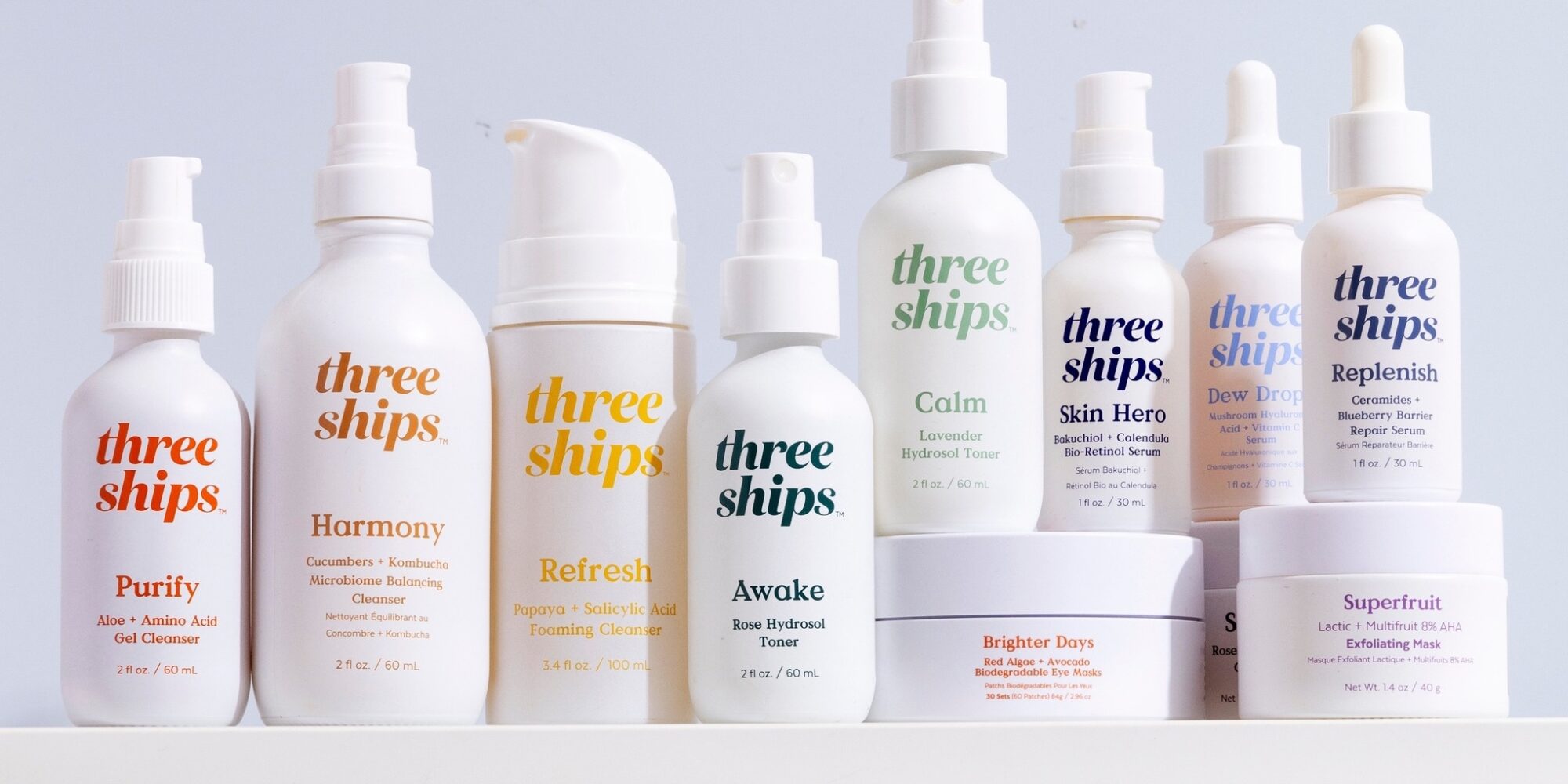
The Highs And Lows Of Running An Indie Beauty Brand In 2023
The beauty industry had a strong year in 2023. According to market research firm Circana, prestige beauty sales climbed 14% last year through September and mass beauty sales advanced 8% for the same period. Indie beauty’s performance outpaced the beauty industry generally. Market research firm NIQ figures indie beauty sales rose 15.7% in the 52 weeks ended June 17.
Sales growth masks underlying struggles. In the past year, brands encountered cautious consumers, retailers pulling back from adding new brands and slashing stragglers, heightened advertising costs, inflationary pressures and fierce competition. The difficulties caused several brands to close—and countless more to enter survival mode in the hopes that 2024 will offer salvation.
Below, we highlight indie brands that experienced both the highs and lows of 2023.
Three Ships
Since rebranding from Niu Body to Three Ships in 2020, co-founders Connie Lo and Laura Burget have been busy building the brand. In addition to raising $1 million in seed funding in 2022, the natural skincare brand achieved North America-wide distribution at Whole Foods in 2023. The expansion followed a small launch in the grocery chain’s Northern California region two years ago.
Three Ships has been listed by newspaper The Globe And Mail one of Canada’s top-growing companies, registering 2 million to 5 million in Canadian dollars or roughly $1.5 million to $3.8 million in 2022 revenue, up 466% from the prior year, and became one of only about 100 skincare brands globally with B Corp certification. The brand also launched three products, including Firm Believer Neck & Face Cream, which was promoted with an anti anti-aging campaign.
Three Ships’ biggest achievement was reaching profitability by the end of 2023, and it surpassed its sales target by increasing sales 56% from the previous year. “The pivot from top-line growth to profitability was an intentional decision Laura and I made at the start of 2022, and one that I’m extremely proud our team was able to turn around,” says Connie Lo, who founded Three Ships with Laura Burget. “Focusing on profitability comes with its own challenges like being selective with marketing initiatives and keeping our team small.”
Bringing fulfillment in Canada in-house contributed to Three Ships’ 2023 success. “This allowed us to pivot quickly and run promotions that we otherwise wouldn’t have had the flexibility to run at a 3PL,” says Burget. “Through this, we learned that there’s value in bringing certain functions back in-house once you reach a certain scale. As a result, next year we have plans to apply this to roles within the marketing team as well.”
The funding environment has been tricky for Three Ships to navigate. “It’s expensive to run a beauty company, and the cash needs of inventory are massive,” says Burget. “We don’t have the cash cushion to fall back on that the beauty behemoths have, which makes us more reliant on debt with less favorable terms as well as external funding. These have both become harder to access in the last two years.”
Three Ships is available at the retailers Credo Beauty, The Detox Market, Indigo, Hudson’s Bay, and Holt Renfrew. As a clean beauty brand in leading clean beauty retailers, the brand underscores transparency is messaging is critical.
“Especially around the terms ‘natural’ and ‘clean,’ we’ve seen increasing consumer mistrust, and many class action lawsuits against retailers in the last couple of years,” says Lo. “This needs to be addressed, and we believe Three Ships can have a significant impact on this conversation. Our products are truly natural from farm to shelf, and we aim to play an increasingly important role in vocalizing for the passing of legislation to control the terms ‘clean’ and ‘natural’ within the beauty space while setting a clear standard for transparency that other brands can follow.”
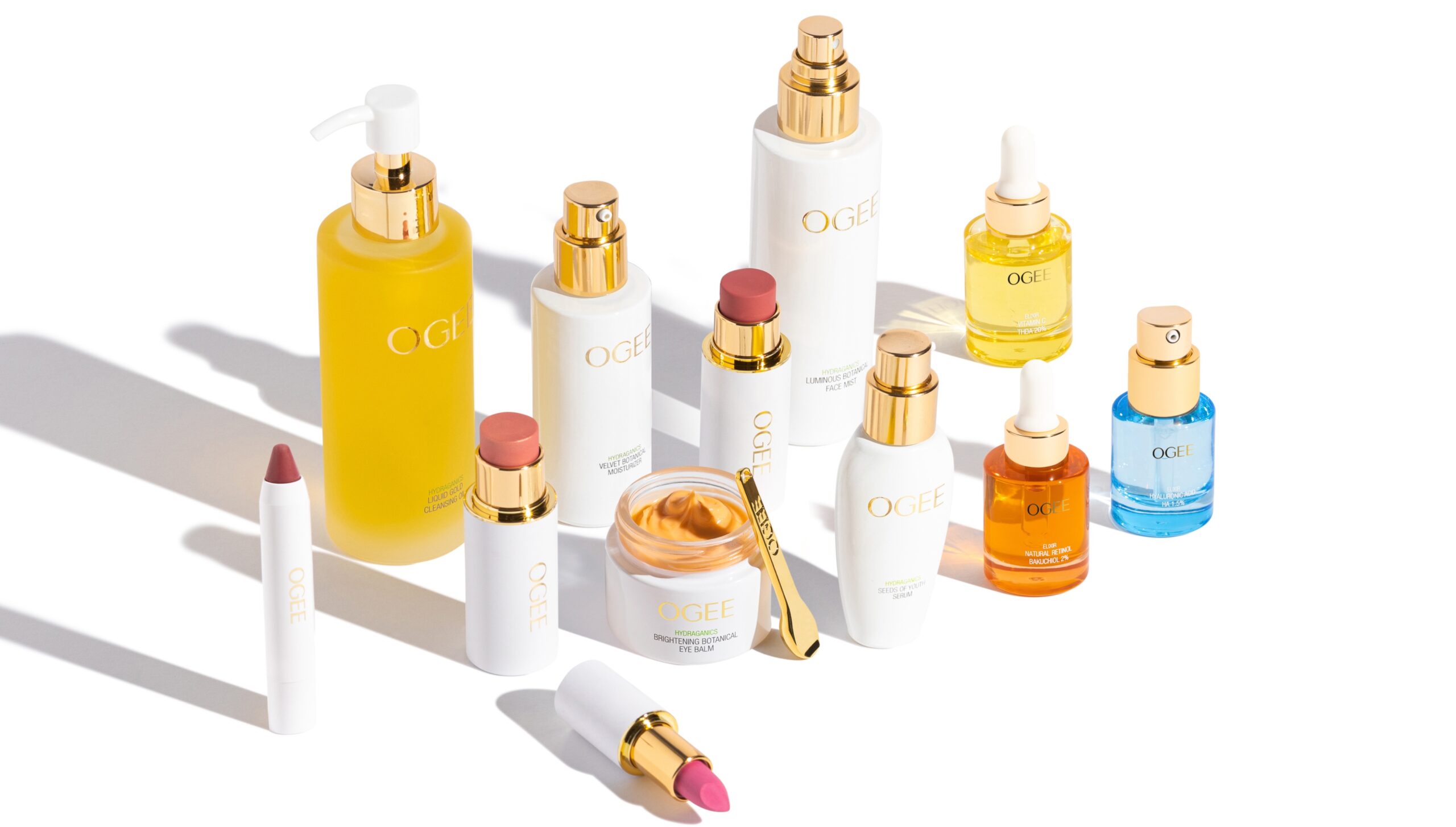
Ogee
Last year was a banner year for Ogee. The organic prestige brand, which launched in 2016, saw its revenues multiply 3X as well as profitability. A big win for the direct-to-consumer-born brand was landing at Bluemercury.
“Ogee exceeded its already ambitious sales goal by 40% with a highly targeted, expanded product mix in both makeup and skincare,” says Mark Rice, co-founder and CEO of Ogee. “We’ve been able to create cross-category demand, which has been very successful. We also focused on the customer journey with major emphasis on customer retention and loyalty. Additionally, our in-house Ogee ambassador program was highly effective in raising our brand visibility.”
Ogee shored up its infrastructure to support growth. “There was a rapid expansion of nearly doubling our team with top talent,” says Rice. “Then, there was the management of our supply chain to both ensure ample inventory as well as avoid tying up valuable capital in excess inventory. Forecasting growth and product mix becomes a more complicated exercise.”
Rice continues, “There’s a never-ending tradeoff between investment in long goals versus short-term results. We’ve found it very important to focus on both to the extent possible. Often, short-term results can seem most appealing in the moment, but it’s always important to step back and look at where one wants the brand to be in the years ahead. In terms of building our team and allocating resources, it’s very important to anticipate growth or channel expansion ahead to have all the pieces in place when the time comes.”
Ogee tries to assemble a close-knit team able to make quick decisions on marketing, advertising and product development to reflect changing trends and customer needs. “Our team is also highly integrated, allowing discussion across departments and learnings to be shared with the full team,” says Rice. “Also, as an independent brand, we find we can focus on not only short-term results, but longer-term strategy for the brand which has been very effective over the last year.”
Naturally Drenched
Naturally Drenched has planted the seeds for a fruitful 2024. Founder Jamila Powell credits grant funding and intensive business bootcamps with setting the curl care brand up for a healthy year.
“While financial capital is undoubtedly valuable, these bootcamp sessions have compelled me to delve deeply into understanding my business, prompting tangible and meaningful changes,” she says. “The most significant challenge revolved around curbing unnecessary expenditures and shifting the focus towards prioritizing profitability. I’ll establish goals rooted in past successes that are both realistic and attainable. I’ve acquired the wisdom to chart my unique path and concentrate on cultivating a dedicated community that genuinely loves and supports Naturally Drenched.”
In 2023, Naturally Drenched’s goal was to increase sales 15%, and it almost reached that goal. “I believe I could’ve increased sales even more. However, I also acknowledge the importance of maintaining profitability,” says Powell. “This year posed a lot of challenges, so if you managed to stay afloat, you can consider this year a success.”
Naturally Drenched has realized consistent growth since its launch in 2021. “The fact that I still maintain my full-time job provides me with the luxury of patience in fostering a Naturally Drenched expansion,” says Powell. “This independence from relying on Naturally Drenched for my lifestyle sustenance allows me to approach its growth with a measured and strategic mindset.”
For a beauty brand, being independent has risks. “Running out of funds before reaching business objectives is a real risk for independent entrepreneurs,” says Powell. “Limited access to capital and resources can [derail] expansion plans and limit the ability to compete with larger players in the industry.”
There are undoubtedly pros to staying independent, though. “When you aren’t tied to a larger organization, you can immerse yourself in all areas of your business, gaining valuable knowledge and experience along the way,” says Powell. “This can lead to a deeper understanding of your brand and its operations, which can be beneficial for long-term success. You also have the ability to take risks without having to explain them to someone else.”
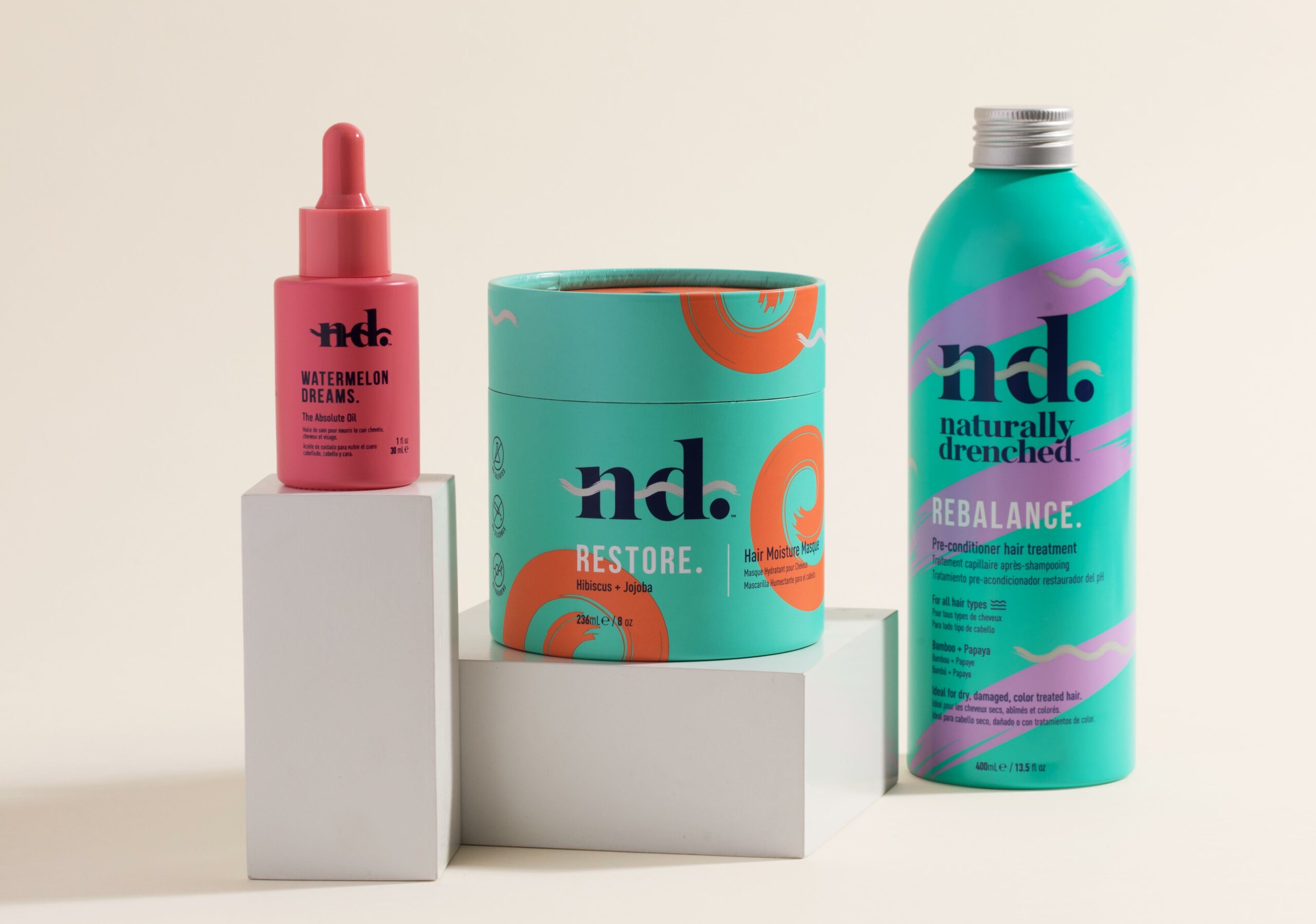
True Moringa
In 2023, True Moringa turned its solar-powered organic moringa farm in Ghana into a regenerative operation. The move enabled its farmers to grow an array of superfood ingredients alongside moringa. In turn, it improves soil health and biodiversity while earning more income per acre.
“We’ve learned a lot about regenerative agriculture and experienced the challenges climate change threw our way with shifting weather patterns and unprecedented floods,” says True Moringa co-founder and COO Emily Cunningham. “It’s been a joy and a challenge to grow our team in Ghana, bringing experts in quality control, manufacturing and sustainable agriculture on board.”
Community will be a core pillar for the brand in 2024. “Collaboration is key,” says Cunningham, who launched True Moringa in 2014 with co-founder Kwami Williams after a 2011 trip to Northern Ghana. “Building community with small brands and partners who share our mission and values has been critical to our growth as a business and to sustaining the energy that we need to keep going as founders.”
Citing retailers that carry True Moringa, including Beautyologie and Cambridge Naturals, Cunningham says it’s important the brand aligns with “partners who aren’t looking to make a quick buck or to scale at all costs. They’re interested in creating a movement to make the industry more equitable and sustainable.”
As the entrepreneur reflects on 2023, she says the brand exceeded its goals in some areas and admittedly missed the mark in others. “We spent much of our time and energy this year devoted to growing our bulk ingredient business, True Farms,” says Cunningham. “We provided the botanical oils, butters, herbs and superfood ingredients we grow on our farm to other like-minded beauty and food brands. We’re really excited about the progress we made at our farm and factory in Ghana and how True Farms is positioned to grow and support other beauty and wellness brands in 2024.”
Like other indie beauty brands, True Moringa encountered pandemic-related setbacks. “We launched in Whole Foods and Pharmaca in late 2019 and were poised to make a big retail push in 2020,” says Cunningham. “Brick-and-mortar retail sales declined during COVID, so we weren’t able to have an on-the-ground demo team and product testers. In-person trainings with store teams are so critical for an independent brand to succeed in the crowded world of retail.”
Looking ahead to 2024, True Moringa will introduce products that were put on the back-burner this year due to the depressed fundraising environment. “Having the freedom to focus on our mission first and to make quick pivots has been critical to our survival as a business throughout COVID,” she says. “Not having the cash to compete with major brands in retail or traditional marketing channels is certainly a challenge, but it forces us to get creative with our marketing and storytelling, and to focus on our core community of customers who care deeply about our mission. They’re passionate about the products and ingredients we make.”
Prakti Beauty
Brand awareness was Ayurvedic beauty and wellness brand Prakti Beauty’s priority for 2023. As a result of in-person activations, strategic partnerships, marketing, content and press placements, its social media audience rose 92% in the last six months. For example, it collaborated with the brand Fable & Mane on a limited-edition holiday set called MahaMoment with Prakti Beauty’s MahaMask and Fable & Mane’s MahaMane Hair Oil.
“We definitely encountered challenges in keeping pace with the rapid growth and traction Prakti gained,” says founder and CEO Pritika Swarup, a model and investment analyst-turned-entrepreneur. “With a small, dedicated team, managing the increased workload and meeting the escalating demands became a significant hurdle. We navigated this challenge by implementing streamlined processes and fostering a culture of cross-functional collaboration. While it was demanding, overcoming these obstacles taught us valuable lessons in scalability and resource management to prepare us for 2024.”
In 2024, the direct-to-consumer brand expects to expand into retail. “We will diversify by establishing relationships and partnering with retailers to complement our online presence,” says Swarup. “By leveraging these partnerships, we intend to offer customers the opportunity to engage with our products in physical spaces, providing an immersive and personalized experience that goes beyond digital.”
Swarup adds, “The shift towards integrating offline retail experiences alongside our digital presence is a strategic move that we’re enthusiastic about for the upcoming year. It aligns with our vision to offer customers a comprehensive and enriched journey with our brand. Additionally, as digital platforms like Meta became increasingly saturated with advertisements, it became evident that a shift towards an omnichannel approach is crucial for sustained growth.”
Prakti Beauty has seen a 607% increase in sales since its launch with a single product in 2021. “The timing of our entry into the market couldn’t have been better aligned with the evolving wellness landscape during and post-COVID,” says Swarup. “The wellness industry has witnessed unprecedented growth, valued at $1.5 trillion, and within this expansive industry, the ‘better appearance’ category is valued at $20.1 billion.”
Prakti Beauty is strategically situated at the intersection of beauty, wellness and Ayurveda. “This deliberate emphasis has not only garnered interest, but has also grown awareness of our brand,” says Swarup. “This positions us not as a skincare solution, but as a lifestyle choice. We’re not just offering products, we’re leading a movement towards education and empowerment. Our commitment to making Ayurvedic education accessible has been pivotal in reshaping industry norms.”
For Prakti Beauty, independence has benefits. Swarup says the brand adapts “swiftly to market changes, consumer preferences and emerging trends without external pressures or conflicting interests. This flexibility enables us to pivot when necessary, while always staying rooted in our foundational beliefs.” She acknowledges the caveat is that, “while this fosters an environment of intentional and strategic growth, it can also limit the pace at which we expand. This means we must be highly efficient and careful in our decision-making process, ensuring every resource is used optimally to fuel our growth trajectory.”
Swarup is confidence in Prakti Beauty’s 2024 growth. “Inclusivity is central to our ethos, breaking barriers and ensuring that Ayurveda isn’t limited by cultural boundaries,” says Swarup. “For me personally, this isn’t just a professional endeavor, but a deep-seated passion. I’m committed to furthering our educational initiatives, aiming to enlighten and empower women who might not be familiar with this beneficial wellness system that I have been practicing for my entire life. Our vision extends beyond products, it’s about enriching lives and fostering a community that values holistic well-being.”
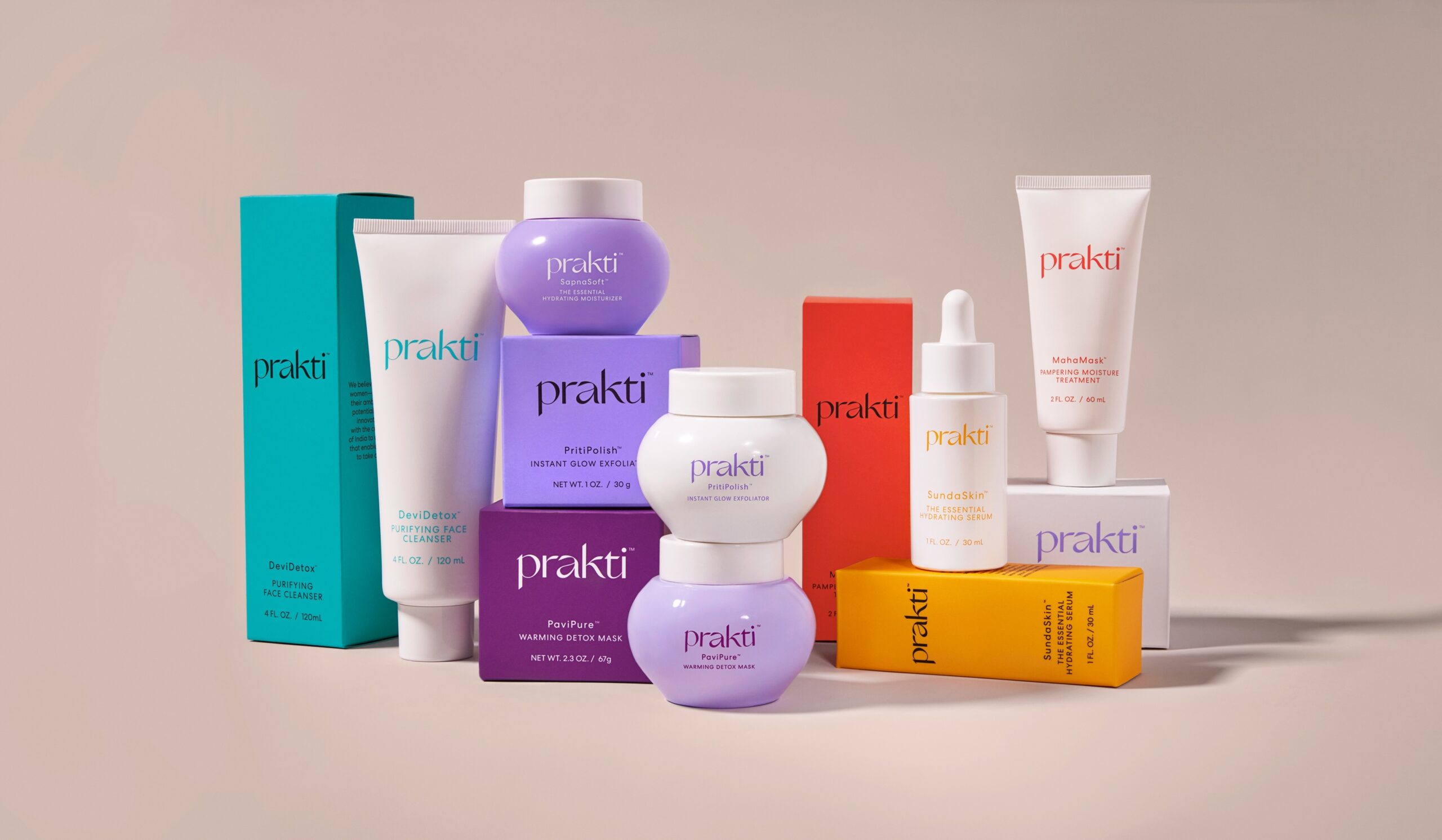
Kjaer Weis
COVID-19 instigated gains and setbacks for the beauty industry, and well-established indie brands like Kjaer Weis still find themselves confronting its effects. In addition to working with retail partners to take back expired products, the brand felt the brunt of social distancing.
“Nothing beats being in front of people, human interaction, connecting face to face, and thank god for that,” says Kirsten Kjaer Weis, founder of the organic luxury makeup brand. “The perspective of having had a forced pause to meet in person has made it even so much more clear. We’re meant to be in community, not isolation. I look forward to expanding even further on this in 2024.”
At her brand, Kjaer Weis says, “I believe we have been and continue to be instrumental in changing the landscape of beauty and what it can be, both from a product, ingredients profile to packaging. Also, from the narrative regarding beauty, celebrating all ages to ethnicities, for example. The expectation of a conscious approach to beauty products has gone from being niche to being the new norm, and I believe we have been a significant part of creating that change.”
Axiology
Unexpected chaos closed out 2023 for Axiology. The plastic-free, vegan makeup brand, which launched three products in 2023 and saved an estimated 70,000 plastic tubes from circulation, had a Meta account hacked. The hack left it scrambling and led to thousands of dollars being stolen along with lost sales from ads timed to fuel Black Friday business.
“I spent multiple hours a day every day for about 30 days on chat support, emails and our own internal testing with little to no support,” says founder Ericka Rodriguez. “Our hack was finally taken care of 30 days later after finding the contact of a Meta employee that finally offered to help us. The whole situation was horrible. After going public with this, the amount of small businesses reaching out to me stating the same thing happened to them was alarming. Most of them either never got their account resolved or it took Meta two to three months to help them.”
On top of the hack, Axiology didn’t meet its 2023 sales goal. “To be honest, I had in my mind that if, we didn’t hit our sales goal this year, we’d have to consider revamping a big portion of the business,” says Rodriguez. “Sales were tough last year due to an exit from a large beauty retailer, the cost of advertising and the immense competition in the beauty space. However, we are still moving forward. We just launched three new products at the end of 2023, and we are launching a new product in summer 2024. There are a lot of big changes for us in 2024, and our mission and resilience will shine through.”
Going into 2024, Rodriguez has know-how from a decade of running an indie beauty brand. “Through those 10 years, we’ve seen and experienced a lot, including being in some of the ‘best’ and biggest stores in the world for our industry,” she says. “Those collaborations have actually never been successful for Axiology and instead caused tremendous amounts of time and stress due to chargebacks, returns, the cost of marketing and the need for brand ambassadors.”
She concludes, “My key takeaway is focusing on small, independent retailers, especially the ones that have been with us since the beginning like Credo and The Detox Market. I would also like to focus my efforts on my own customers, community and Axiology’s website.”

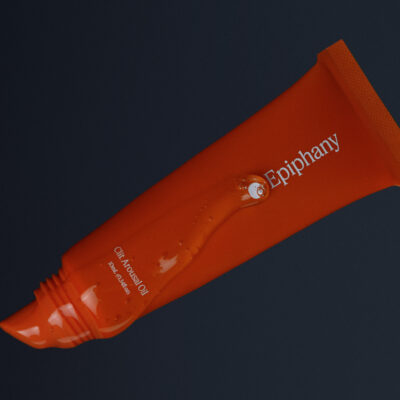

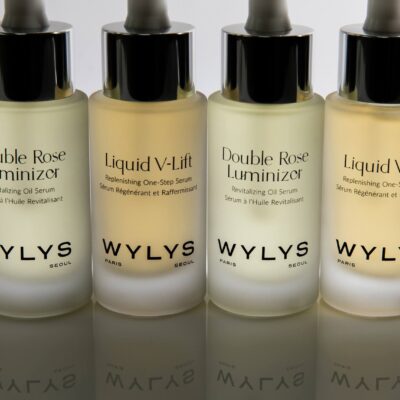
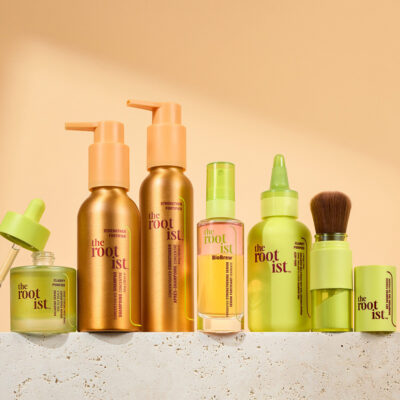
Leave a Reply
You must be logged in to post a comment.